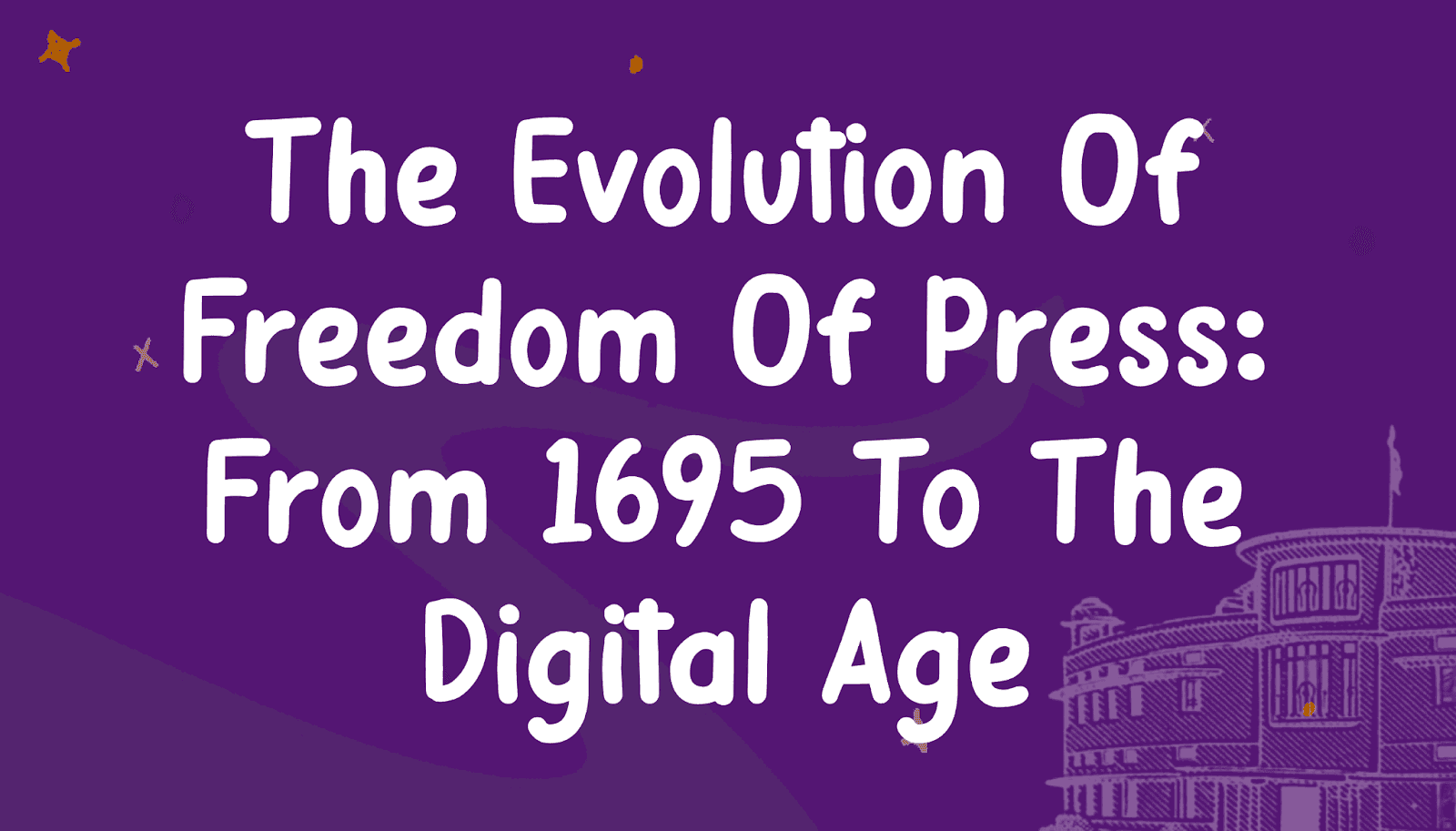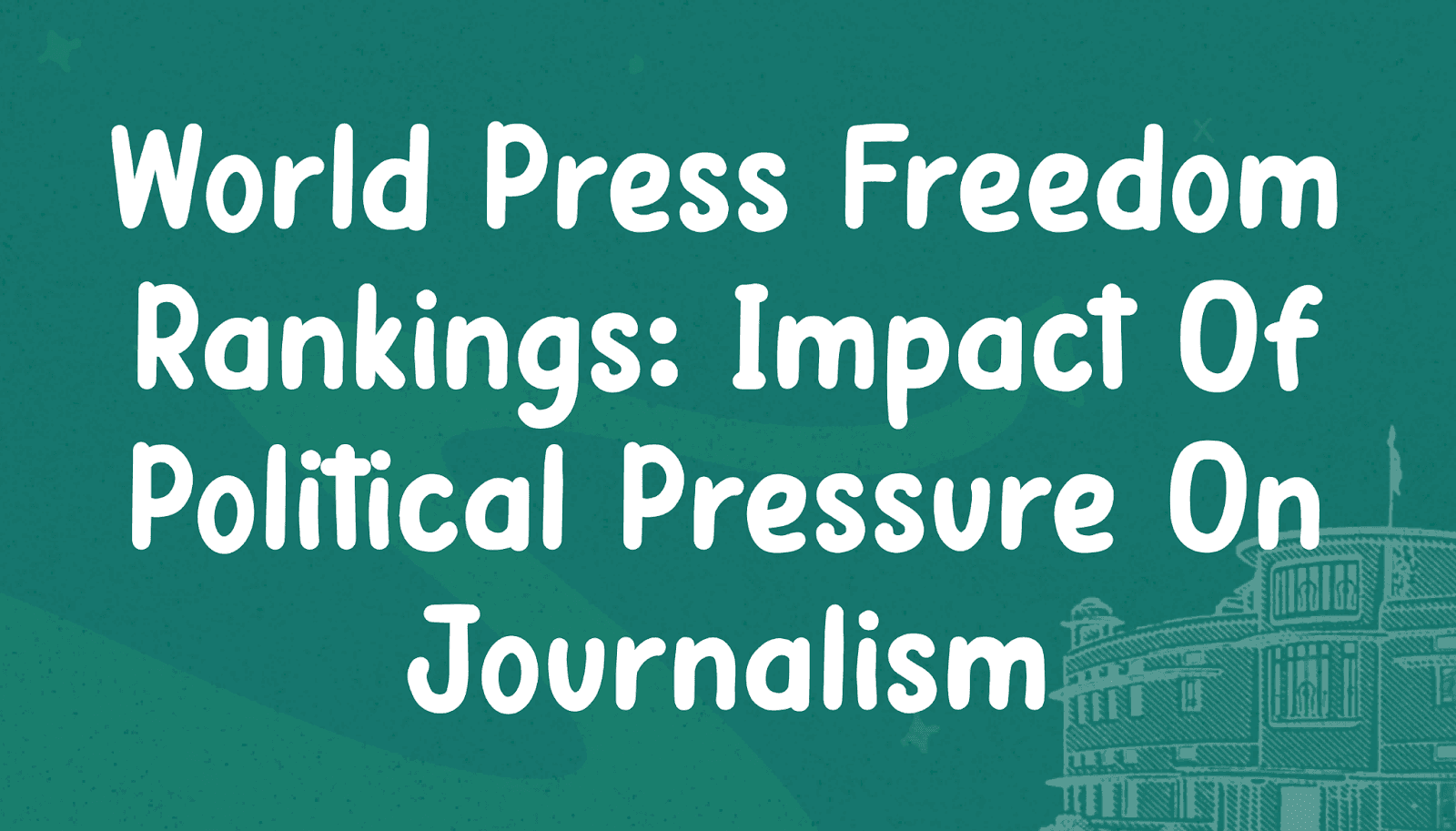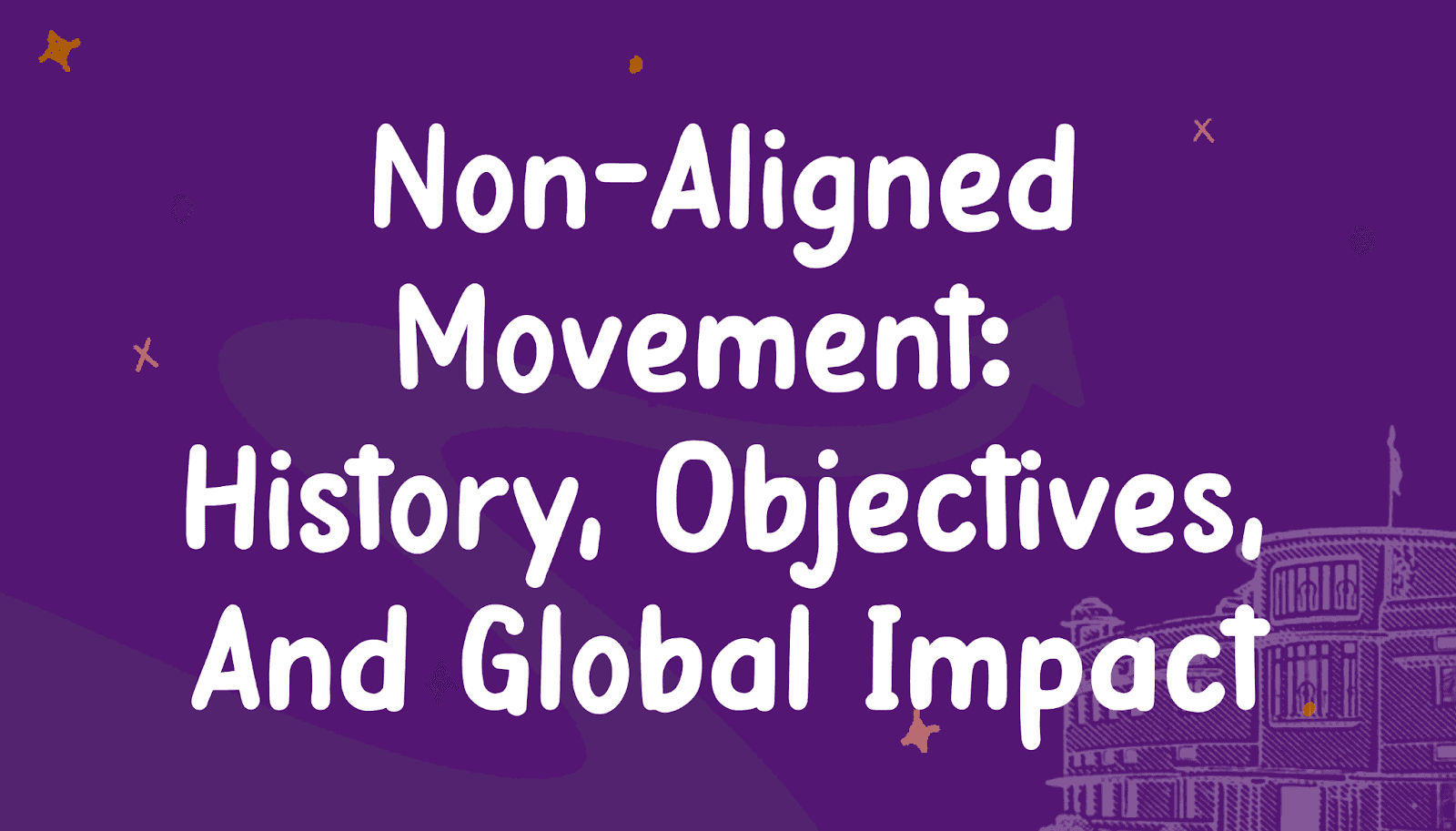Effective Use of Quotes in Ethics and Essays
Feb, 2025
•4 min read
In the UPSC Civil Services Examination, standing out is crucial, especially in high-scoring areas like Ethics and Essays. A simple yet powerful way to elevate your answers is by using quotes effectively. These little gems of wisdom, when strategically placed, can add depth, provide justification, and enhance the appeal of your answers. More importantly, they can reflect your intellectual grasp of diverse ideas.
This blog explores how quotes can enrich your UPSC answers, offering practical insights on their application, relevance, and impact. Let’s dive into the nuances of using quotes effectively in your preparation and writing.
Why Are Quotes Important in UPSC?
- Adds Credibility:
Quotes lend authority to your arguments. By referencing eminent thinkers, philosophers, or leaders, you demonstrate a deep understanding of the subject and align your ideas with globally accepted principles. - Encapsulates Complex Ideas:
A well-chosen quote can express intricate thoughts in a concise and impactful manner. It helps you convey your point without lengthy explanations. - Showcases Analytical Ability:
The ability to interpret a quote and apply it to real-world scenarios reflects your critical thinking skills, a trait the UPSC examiner values. - Enhances Presentation:
Structuring your answers around meaningful quotes breaks the monotony and makes your writing more engaging. - Memorable Impact:
Quotes, when well-placed, stick in the examiner’s mind, giving your answer an edge over others.
Where to Use Quotes in Ethics and Essays?
1. Ethics Papers
- Definition or Introduction: Start your answer by quoting a philosopher or thinker whose ideas align with the concept being discussed. For example:
- "Morality is not the doctrine of how we may make ourselves happy, but how we may make ourselves worthy of happiness." – Immanuel Kant.
Use this while defining moral philosophy.
- "Morality is not the doctrine of how we may make ourselves happy, but how we may make ourselves worthy of happiness." – Immanuel Kant.
- Analyzing Ethical Dilemmas: When discussing ethical decision-making, justify your stance with quotes that emphasize fairness, integrity, or accountability. For instance:
- "The time is always right to do what is right." – Martin Luther King Jr.
- In Case Studies: While solving ethical dilemmas, integrate quotes to substantiate your reasoning. For example, quoting Gandhi’s "Truth is the highest virtue" can justify your decision to prioritize honesty in a bureaucratic setup.
2. Essays
- Introduction: Begin your essay with a thought-provoking quote that sets the tone. For example:
- Essay Topic: "Can Ethics Be Taught?"
- Quote: "Education without values, as useful as it is, seems rather to make man a more clever devil." – C.S. Lewis.
- Essay Topic: "Can Ethics Be Taught?"
- Transitions: Use quotes as bridges between paragraphs to introduce new dimensions. For example, while transitioning from individual ethics to societal ethics, you can use:
- "No man is an island entire of itself." – John Donne.
- Conclusion: End your essay with an optimistic or reflective quote to leave a lasting impression. For example:
- Essay Topic: "Education and Society"
- Conclusion Quote: "The function of education is to teach one to think intensively and to think critically. Intelligence plus character—that is the goal of true education." – Martin Luther King Jr.
- Essay Topic: "Education and Society"
3. GS Papers
- GS 1: Quotes on culture, history, and society.
Example: "A nation's culture resides in the hearts and in the soul of its people." – Mahatma Gandhi. - GS 2: Quotes on governance, democracy, and international relations.
Example: "The best argument against democracy is a five-minute conversation with the average voter." – Winston Churchill. - GS 3: Quotes on economics, environment, and science.
Example: "We do not inherit the Earth from our ancestors; we borrow it from our children." – Native American Proverb. - GS 4: Ethics-related quotes can directly answer many theoretical questions.
Example: "You must be the change you wish to see in the world." – Gandhi.
Tips to Use Quotes Effectively
1. Relevance is Paramount:
Every quote must align with the topic and support your argument. Randomly inserted quotes disrupt the flow and appear superficial.
2. Analyze, Don’t Just Drop the Quote:
Examiners value your interpretation of the quote more than the quote itself. After citing, explain its relevance and application to the question. For example:
- Quote: "Justice delayed is justice denied." – William E. Gladstone.
- Analysis: This highlights the critical role of timely justice delivery in maintaining societal trust and upholding democratic principles.
3. Keep It Short and Powerful:
Avoid lengthy or obscure quotes. Stick to crisp, meaningful ones that are easy to remember and impactful.
4. Avoid Overuse:
While quotes add value, overloading your answers with them can make your writing seem derivative rather than original. Strike a balance.
5. Use Original Sources:
Avoid paraphrasing unless necessary. Authenticity ensures accuracy and respect for the original thinker’s idea.
Common Themes and Relevant Quotes
1. Ethics and Morality
- "An unexamined life is not worth living." – Socrates.
- "Happiness is the highest good." – Aristotle.
2. Leadership and Governance
- "The true test of leadership is how well you function in a crisis." – Brian Tracy.
- "Power tends to corrupt, and absolute power corrupts absolutely." – Lord Acton.
3. Society and Development
- "Poverty is the worst form of violence." – Gandhi.
- "A nation’s greatness is measured by how it treats its weakest members." – Mahatma Gandhi.
4. Environment and Sustainability
- "The Earth is what we all have in common." – Wendell Berry.
- "Nature does not hurry, yet everything is accomplished." – Lao Tzu.
Mistakes to Avoid
- Using Irrelevant Quotes: Quotes should align with the topic. Misaligned quotes show poor understanding.
- Overly Popular Quotes: Avoid clichéd quotes unless they fit perfectly. Instead, opt for less common but impactful ones.
- Rote Memorization: Understand the meaning of the quote before using it. Misinterpreted quotes can backfire.
- Excessive Usage: A couple of well-placed quotes suffice. Don’t pepper your answer unnecessarily.
Beyond the UPSC Exam: Real-World Benefits
The ability to effectively use quotes isn’t confined to the UPSC exam. Whether in speeches, debates, presentations, or day-to-day conversations, quotes can make your communication more compelling. They help articulate your thoughts concisely and connect with your audience emotionally or intellectually.
Conclusion
In the UPSC exam, where differentiation is the key to success, quotes can be your secret weapon. They add credibility, structure, and depth to your answers, making them stand out. However, remember that quotes are tools, not crutches. Use them judiciously, explain them aptly, and most importantly, let your ideas shine alongside them.
When used wisely, quotes are not just words—they’re the voice of wisdom amplifying your argument. So, as you prepare for the big day, arm yourself with a repertoire of meaningful quotes, and let them elevate your writing to new heights.
Good luck, and as Gandhi said, “Live as if you were to die tomorrow. Learn as if you were to live forever.” 🌟


